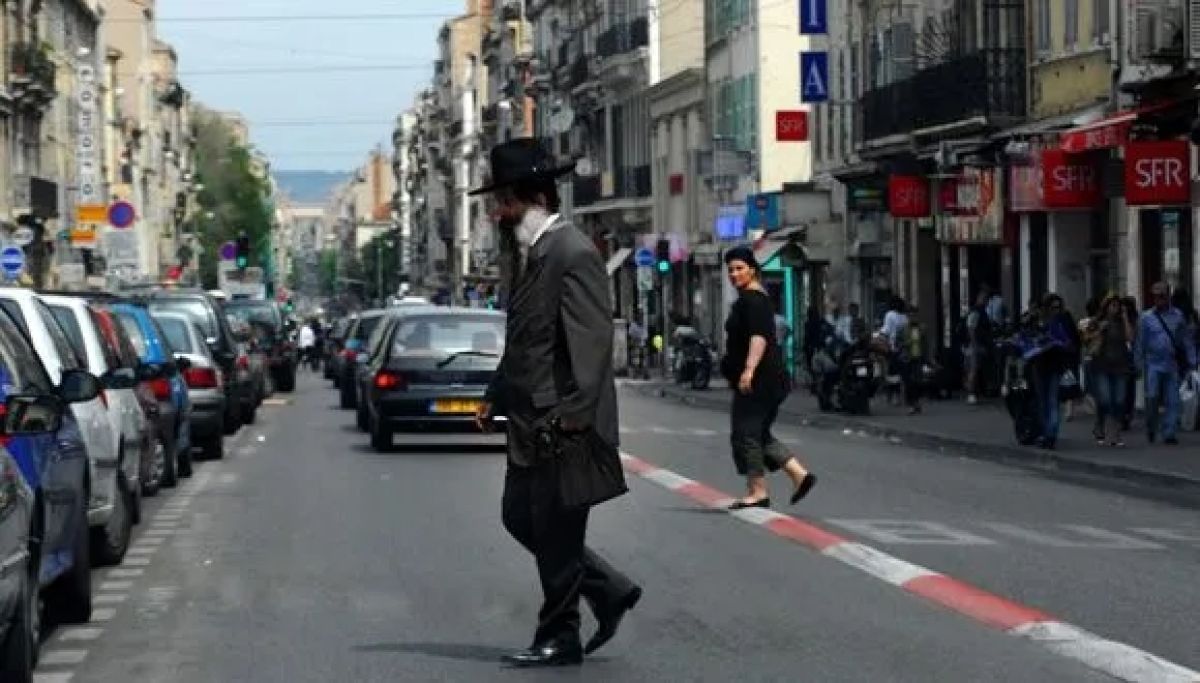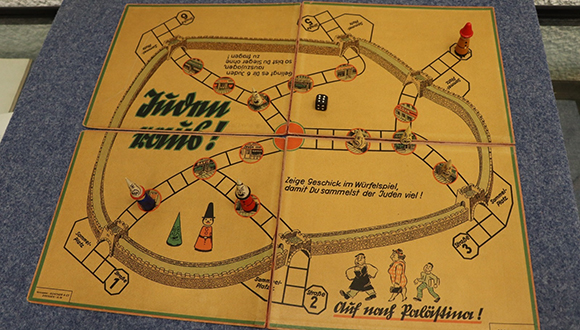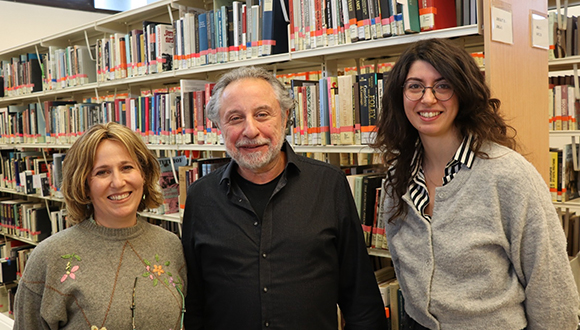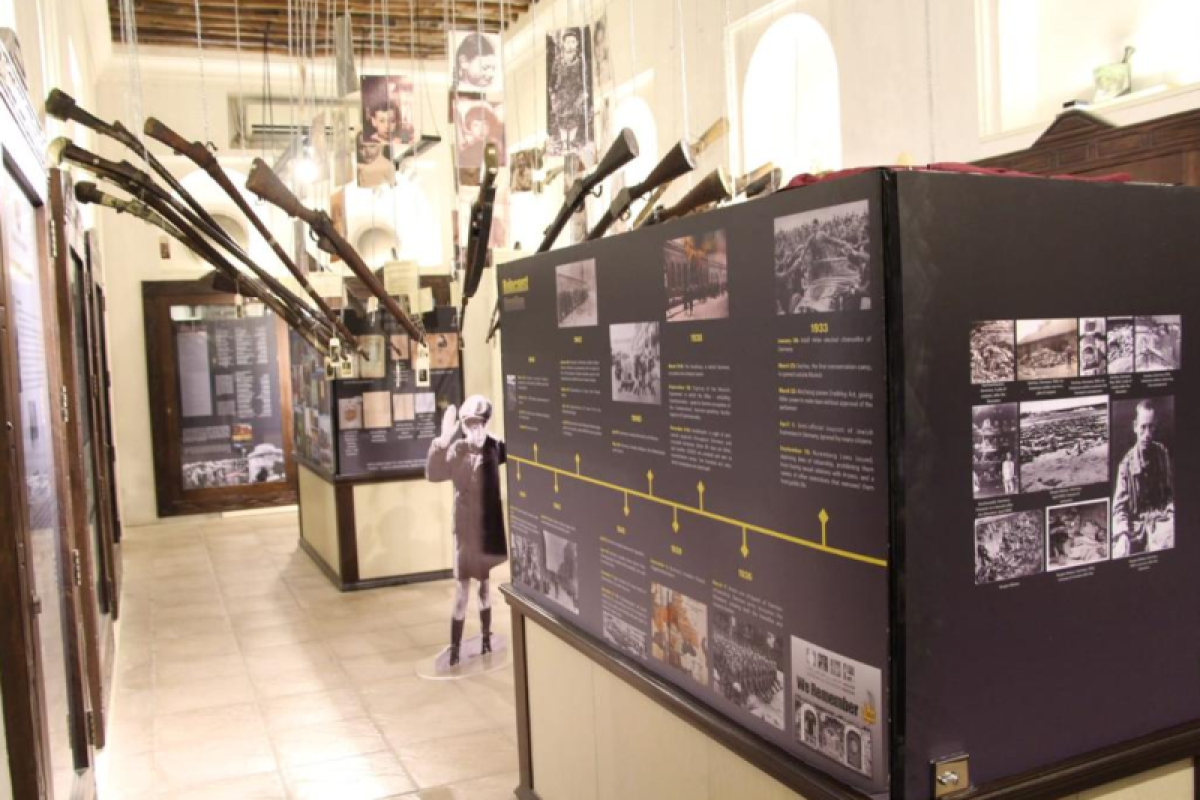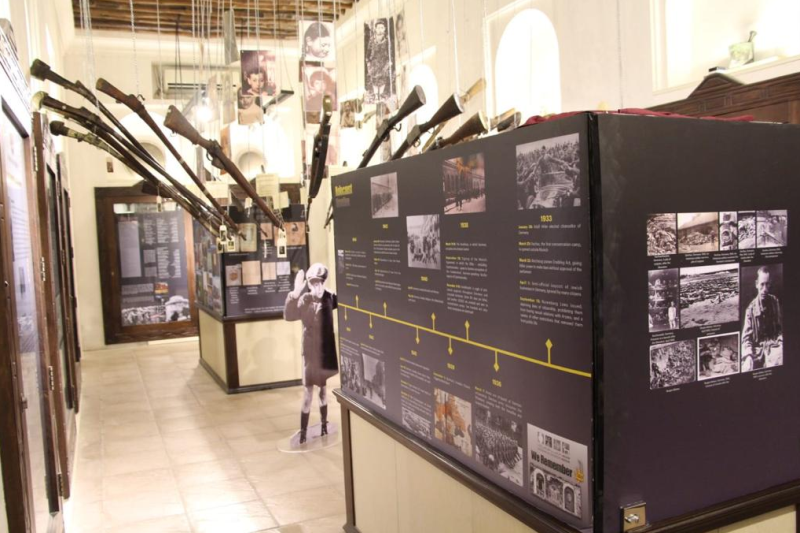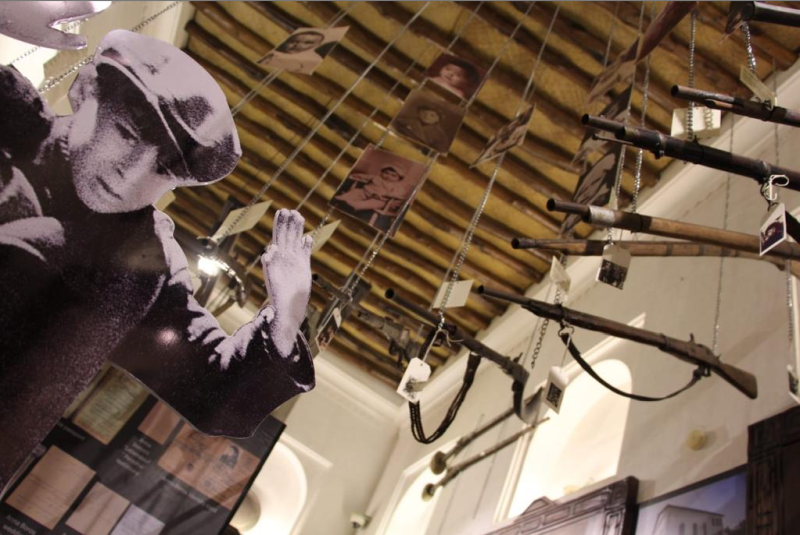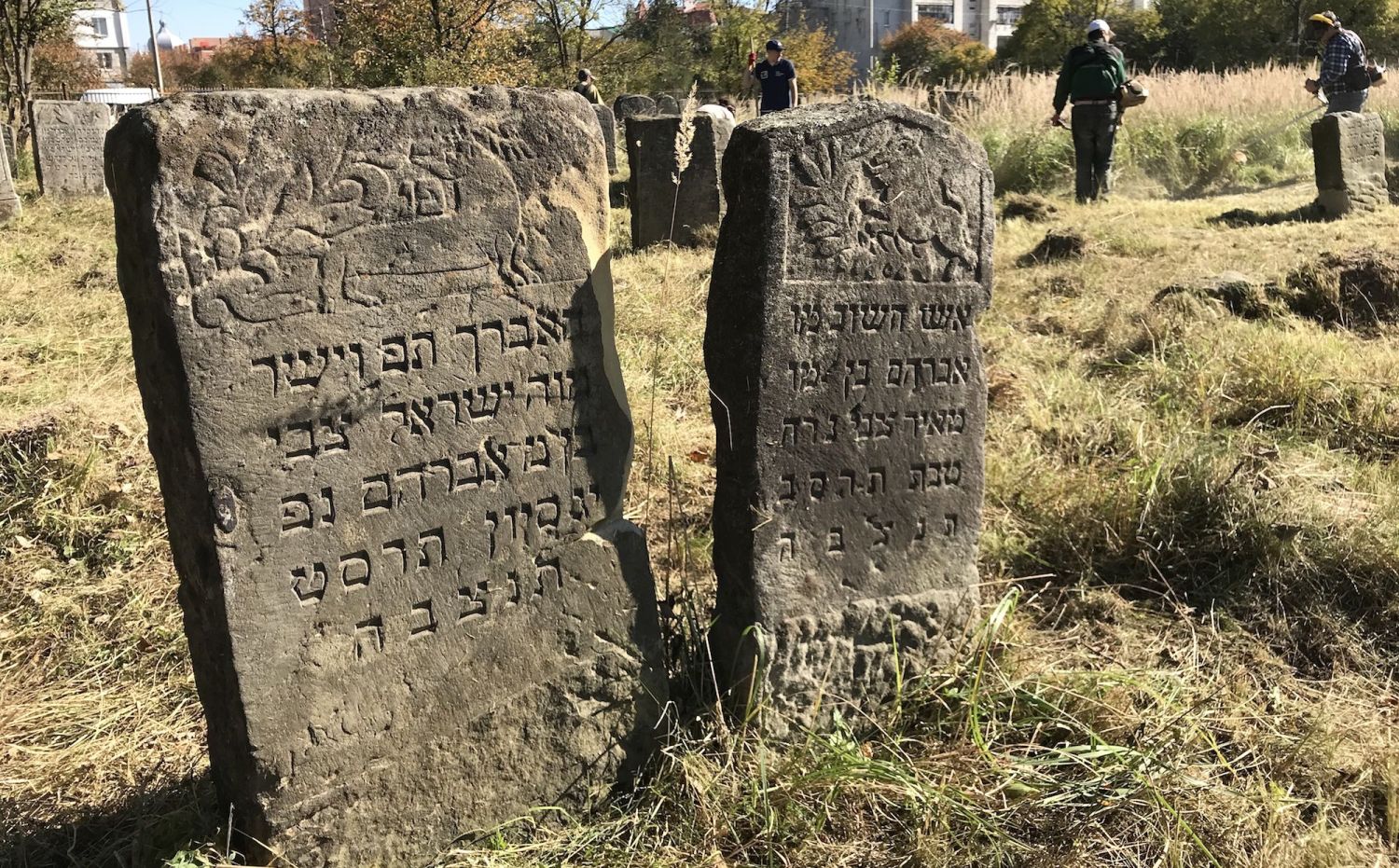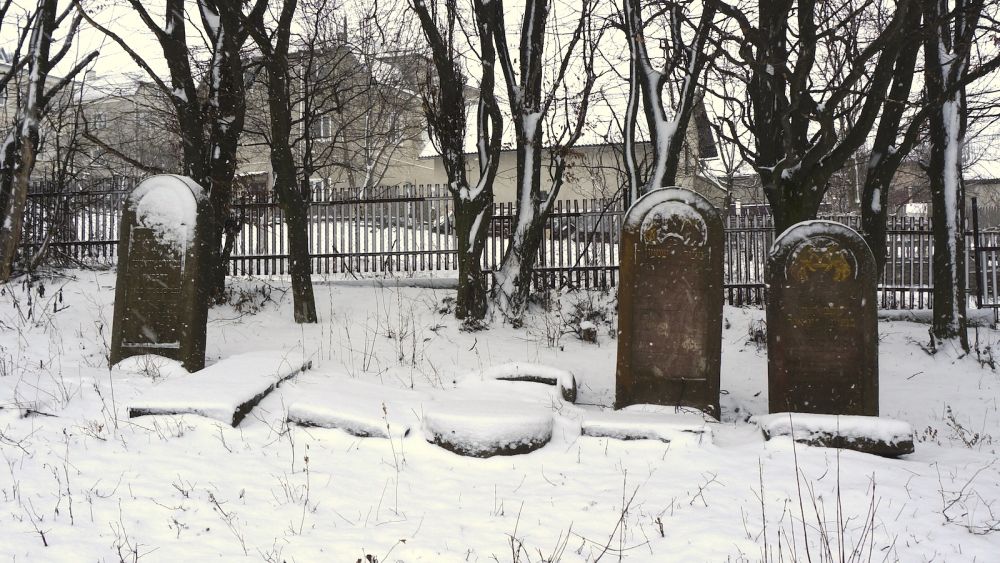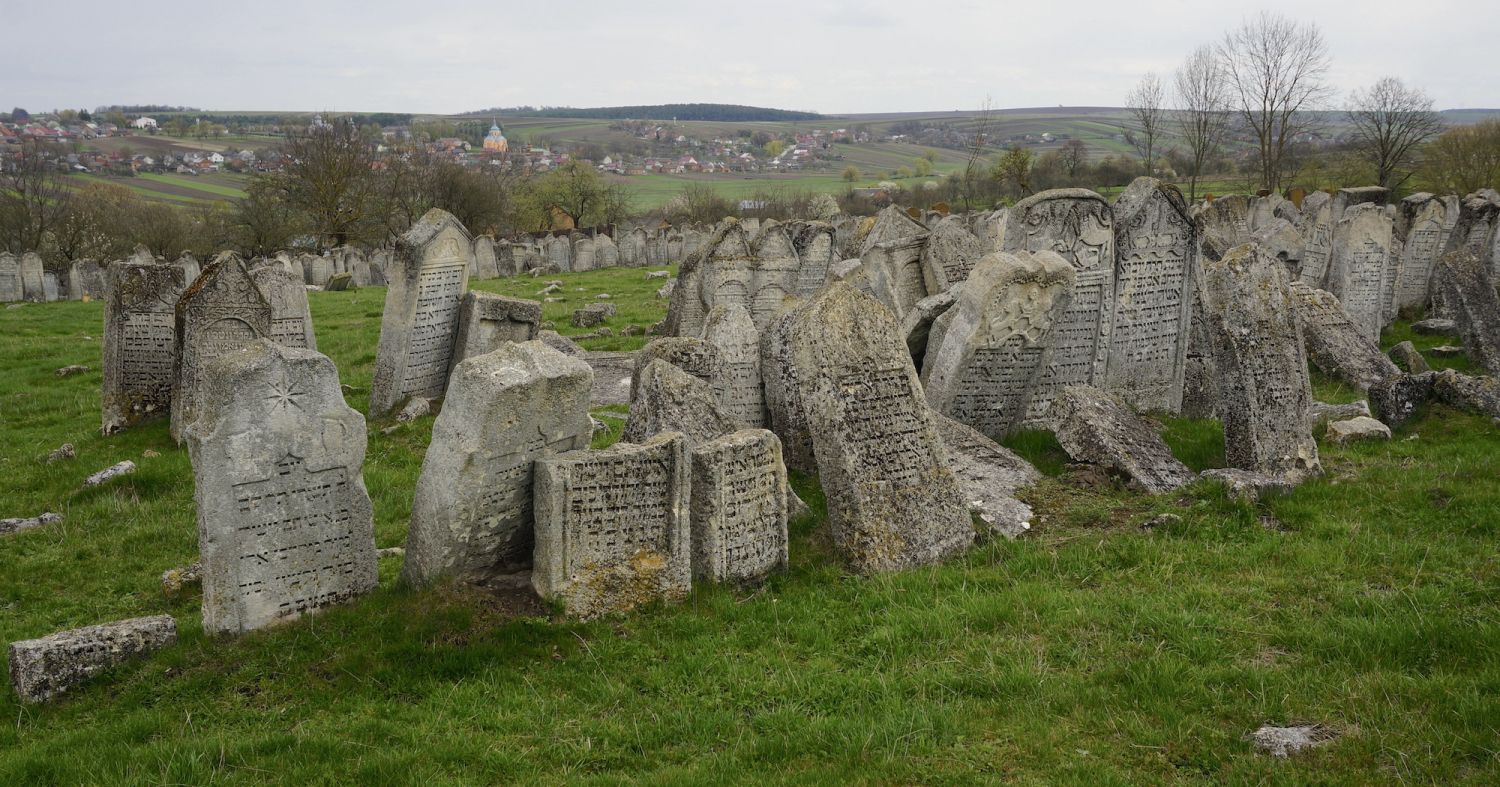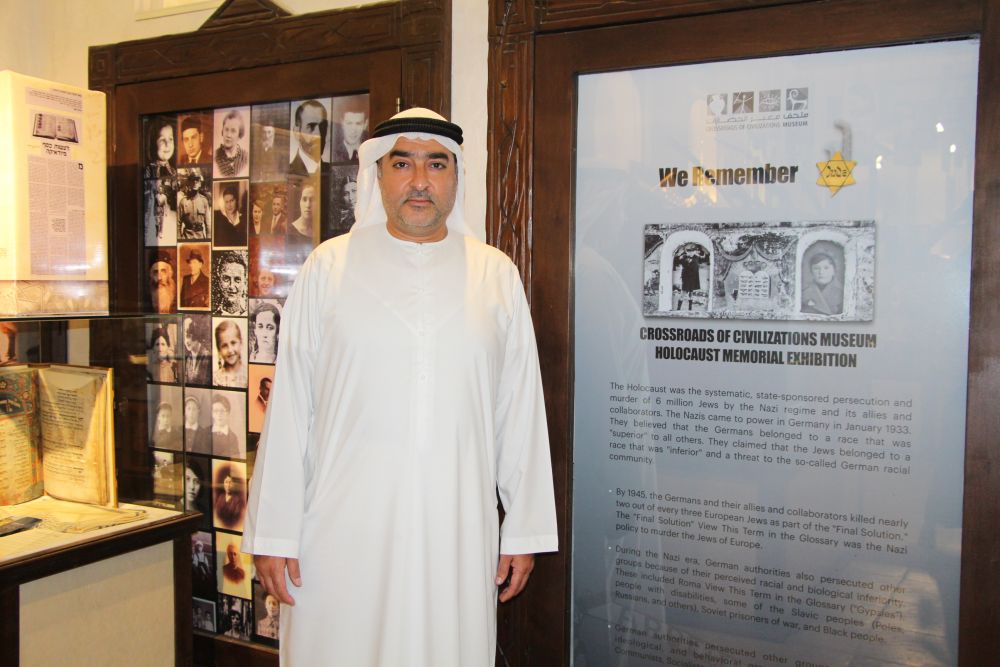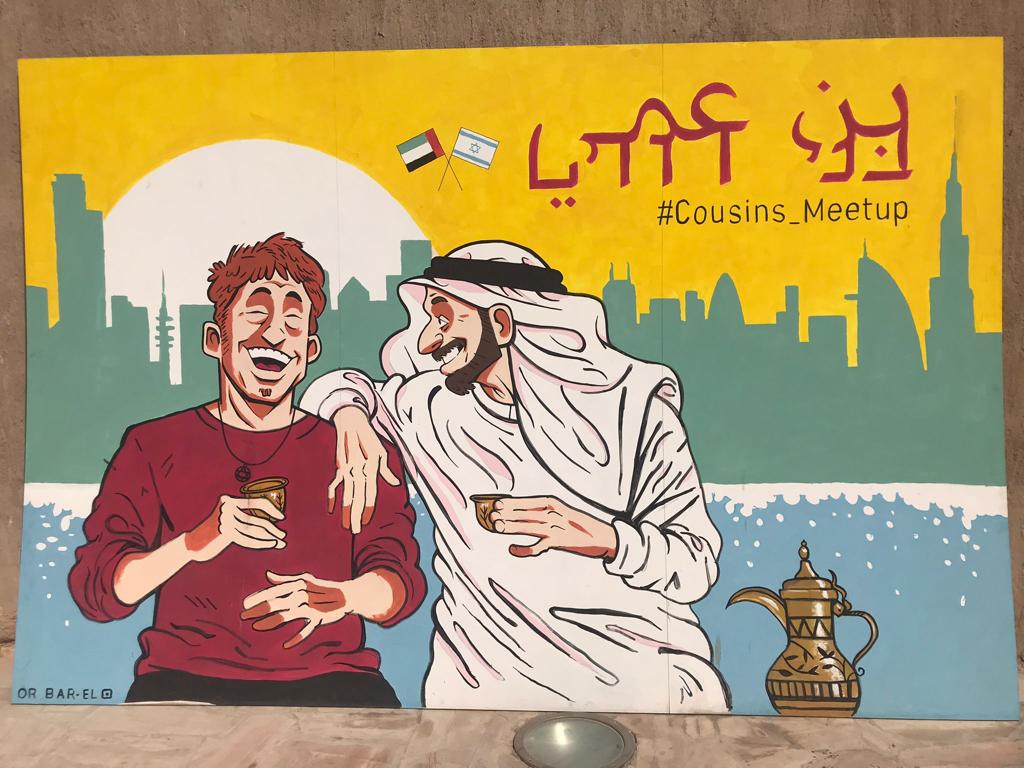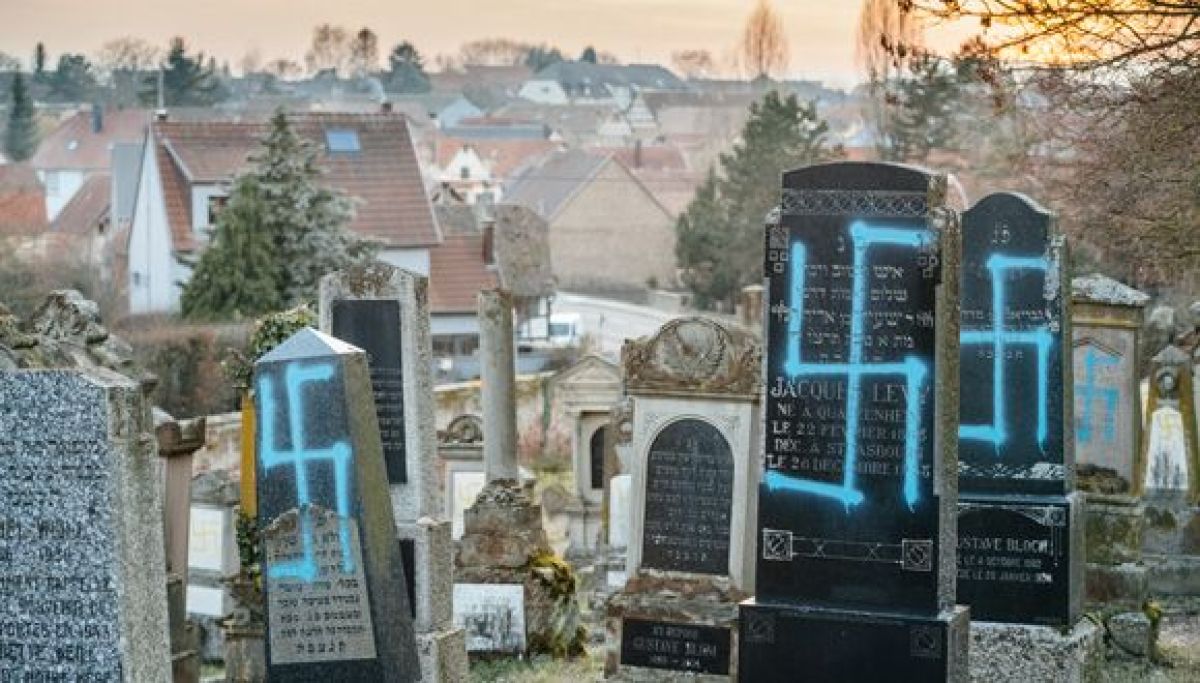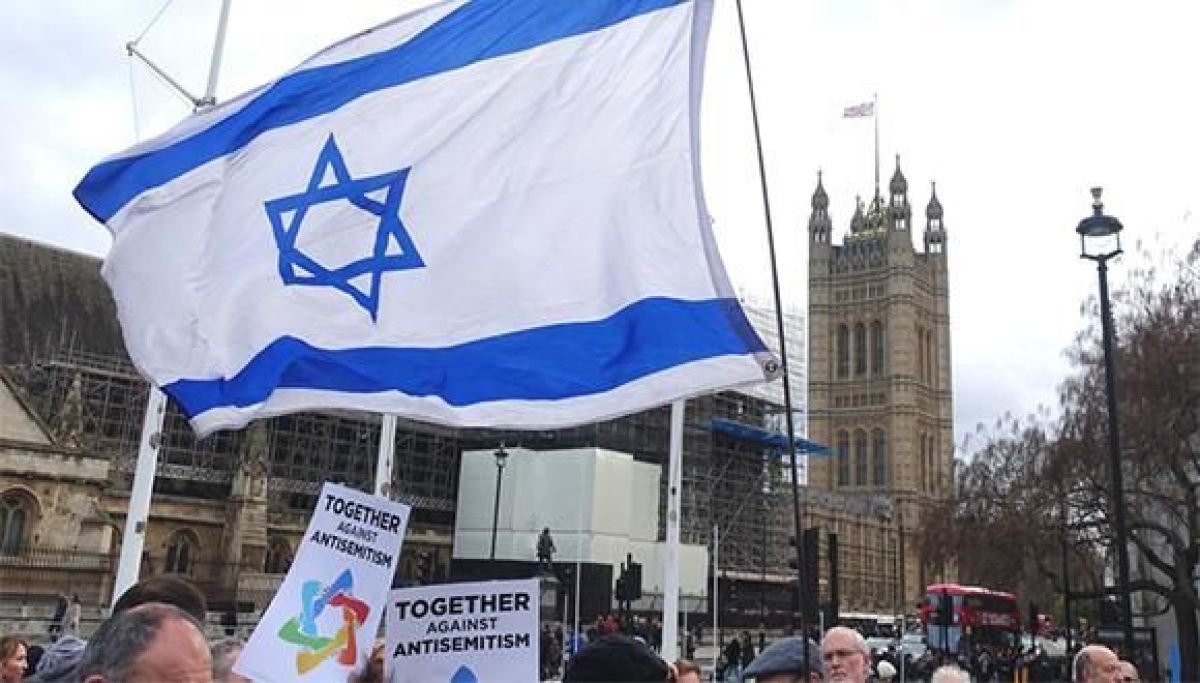Haredi Jews – The Main Target of Antisemitic Assaults
The Annual Report on Antisemitism Worldwide – 2022.
On the eve of Holocaust Remembrance Day 2023, The Center for the Study of Contemporary European Jewry at Tel Aviv University published its 22nd annual Antisemitism Worldwide Report in collaboration with the Anti-Defamation League (ADL).
Attacking The Most Vulnerable
According to the Report, visibly identifiable Jews, particularly Haredi Jews, are the main victims of antisemitic assaults in the West, including beatings, being spit on, and having objects thrown at them.
The Report examines dozens of assaults reported in New York (the city that recorded the most assaults in the United States), in London (which saw the largest number of attacks in Europe), and several other cities. The comparative study suggests physical attacks on Jews tend to occur in a small number of areas in major urban centers, usually on the street or on public transportation rather than near or in synagogues or Jewish establishments. Most attacks appear not to be premeditated.
“Our research indicates that effective policing, indictments, and educational campaigns in a small number of urban areas in various Western countries can lead to a significant reduction in the number of violent antisemitic attacks.” – Prof. Uriya Shavit
Haredi Jews are the main victims not only because they are easily identifiable as Jews, but also because they are perceived as vulnerable and unlikely to fight back. While the attacks examined in the Report are legally defined as antisemitic hate crimes, the motivations of the perpetrators are not easy to discern and could be driven by a deeply held antisemitism, hatred for Israel, bullying, or a combination of the three.
Prof. Uriya Shavit, Head of the Center for the Study of Contemporary European Jewry at Tel Aviv University, says “our research indicates that effective policing, indictments, and educational campaigns in a small number of urban areas in various Western countries can lead to a significant reduction in the number of violent antisemitic attacks. The fight against antisemitism must include more practical, measurable, and transparent objectives and fewer declarations and cries of ‘Gevald!’.”
Dr. Carl Yonker, Senior Researcher at the Center, who led the research on the nature of the antisemitic attacks, notes: “It was very disturbing to discover during fieldwork in London that some Haredim regard antisemitism as the inescapable fate of Jews in the diaspora, sometimes even blaming members of their own communities for the situation.”
WATCH: The Annual Report on Antisemitism Worldwide 2022: Haredi Jews – Main Target of Antisemitic Assaults
“Normalization of Crazy Conspirations” in the U.S.
Jonathan Greenblatt, CEO of the Anti-Defamation League (ADL): “The data contained in this survey is very troubling. It is alarming to see the significant increase in antisemitic incidents and trends across the US and in several other countries.”
“Equally concerning is that unlike in 2021, there were no specific events which can be linked to a rise in antisemitism, which speaks to the deeply seated nature of Jew Hatred around the world. We are proud to partner with Tel Aviv University on this important annual report which will be used to educate governments and civil society and help push back against antisemitic trends.”
According to the Annual Report, 2022 saw a sharp rise in the number of antisemitic incidents in the United States and other countries, alongside a decline in several countries. The Anti-Defamation League (ADL) recorded 3,697 antisemitic incidents in the United States, compared to 2,717 in 2021 – a record year in its own right. The NYPD registered 261 hate crimes against Jews compared to 214 in 2021, the LAPD recorded 86 in 2022 compared to 79 in 2021, and the Chicago Police 38 in 2022 compared to 8 in 2021.
The authors of the Report point to a disturbing trend of the ‘normalization of crazy conspirations’ in public discourse in America. The spreading of antisemitic propaganda by white supremacists in the United States almost tripled compared to 2021, reaching a total of 852 incidents.
Does the Current Wave Run Deeper?
A rise in recorded antisemitic incidents compared to 2021 was also found in several other Western countries, including Belgium, Hungary, Italy, and Australia. In Belgium, 17 antisemitic attacks were recorded in 2022 compared to only 3 in 2021 – the highest number since seven attacks were recorded in 2016.
On the other hand, other countries, including Germany, Austria, France, the UK, Canada, and Argentina, saw a decline in the number of antisemitic incidents compared to 2021. In Germany, 2,649 ‘political crimes with an antisemitic background’ were documented, less than the record of 3,028 reached in 2021, but still significantly higher than the figures for 2020 and 2019. In France, 436 incidents were documented compared to 589 in 2021, 339 in 2020, and 687 in 2019.
Prof. Shavit and Dr. Yonker noted that the record numbers registered in 2021 were attributed to the social tensions caused by the COVID-19 pandemic, as well as reactions to Israel’s military operation in Gaza, “Guardian of the Walls.”
“In 2022 it was demonstrated once again that antisemitism does not require any real Jewish presence or direct rivalry with Israel in order to find supporters.” – Antisemitism Worldwide Report for 2022
The data for 2022 alarmingly suggest that the roots of the current wave of antisemitism probably run deeper, especially in the United States.
They point to three intertwining factors:
- Intensified social and cultural tensions
- Rise of radicalism, both right- and left-wing, at the expense of the political center
- Proliferation of ‘echo chambers’ on social media, where conspiracy theories spread as if they were undeniable truths (“A reality in which big companies make big money by spreading big lies must be rectified,” cautions Prof. Shavit.)
Reviewing the situation in Russia, the Report notes troubling antisemitic remarks by officials and intellectuals close to the Putin administration, as well as the cynical distortion of the memory of the Holocaust by the regime. This raises concerns that Russian Jews might become scapegoats for the regime’s military failures in Ukraine. “Fascists are never reliable allies for religious minorities or in the fight for human rights,” notes the Report.
Two of the in-depth essays included in the Report discuss the extreme antisemitic propaganda espoused by the Houthis in Yemen, and two small antisemitic parties that won seats in the upper house of the Japanese Parliament. “In 2022 it was demonstrated once again that antisemitism does not require any real Jewish presence or direct rivalry with Israel in order to find supporters,” notes the Report.
Other essays describe the failed coup of an antisemitic group in Germany, white Christian nationalist antisemitism in the United States, antisemitic tendencies in the Hebrew Israelite movement in the United States, and legal controversies in America regarding hate speech and the First Amendment.
“Soul-searching is required in Israel as well,” says the Head of the Center, Prof. Uriya Shavit. “In recent months, several Jewish Members of Knesset have made chilling racist remarks that would have immediately terminated their careers in any other Western democracy. It is sad that this needs to be said on the eve of Holocaust Remembrance Day, but Jewish racism is no better than any other kind of racism. It must be condemned, banned, and eradicated.”

